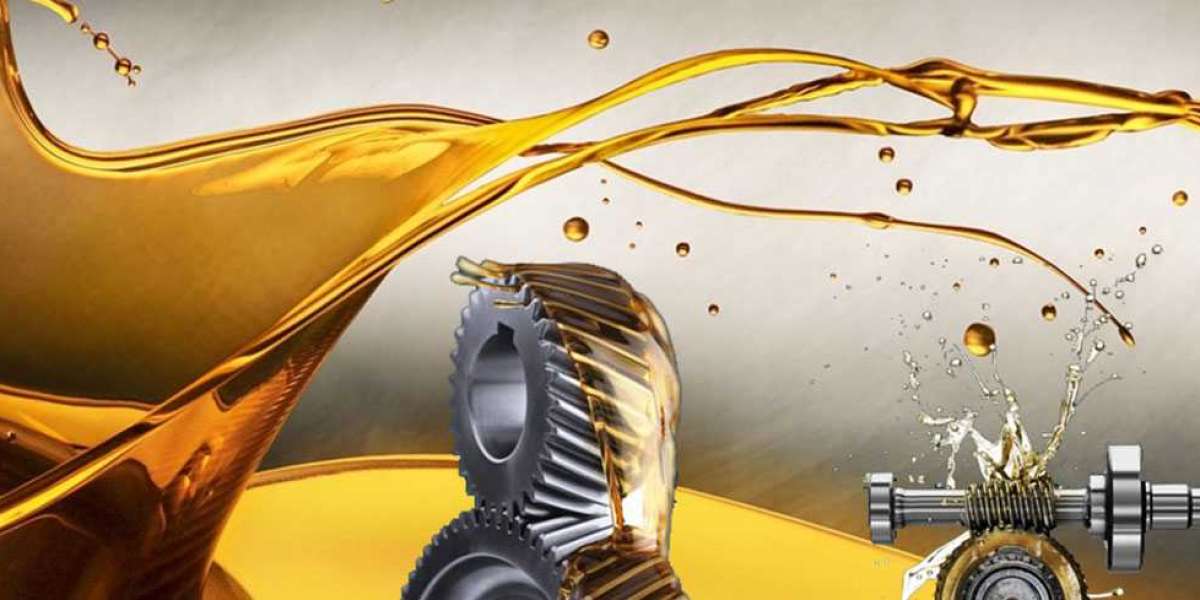A marine engine works continuously in extreme conditions such as remote locations and moist environments. The temperature changes as well as the weather conditions in a marine environment are also sudden and intense. The engines of the marine vessels have to bear the brunt of these forces of nature. That is why regular care for these engines is necessary to keep them running well. One of the best tools that a marine mechanic has is engine oil additives.
These chemical additives improve the efficiency of the engine. They do this by resolving several common problems that operators of boats face. This article will discuss the five key engine problems that marine oil additives can solve.
1. Anti Corrosion and Rust Protection
One of the biggest issues that marine engines face is saltwater. Saltwater corrosion is like cancer of the metal; it weakens it beyond repair. It can spread to the other parts of the engine to cause rust, holes, and total engine failure. Not only can corrosion damage the exterior of the engine, but it can also cause damage to internal parts. This issue is detrimental to marine vessels and causes major performance problems.
To remove this hazardous problem, additives are used and created. The additives work as anti-corrosion agents. They form a protective layer that prevents saltwater and moisture from contacting the marine vessels. It minimizes the risk of rust and lowers the possibility of corrosion. Using oil additives that contain corrosion inhibitors is also beneficial from the maintenance point of view. It negates the need for costly repairs, as it increases the lifespan of critical engine components.
2. Engine Wear and Tear
Marine engines are subjected to continuous work and have to bear heavy loads over time. This could severely wear out the moving parts of such an engine, especially the pistons, bearings, and cylinder walls. Excessive wear reduces the efficiency level of the engine. This also lowers performance levels and increases the chances of failure.
Oil additives designed to reduce wear carry special agents called anti-wear agents that are useful to prevent wear. These additives include zinc dialkyl dithiophosphate (ZDDP), which adds another layer of lubrication. It serves as an overprotective covering to the metal parts in the engine and reduces friction and wear when the engine is running. These lubricants reduce the contact between metallic components and keep them safe for long operations.
Regular use of oil additives with anti-wear properties can improve the durability of your marine engine. They help save money on repairs and extend service intervals.
3. Sludge and Deposits Build Up
Over time, marine engines accumulate sludge and deposits as they burn fuel mixed with dirt in the oil. These deposits start to build up on critical parts and lead to various performance issues. The issues such as lower fuel efficiency, higher emissions, and overall engine problems. If left unaddressed, these buildups can cause blockages and potentially severe engine failures.
How do Oil Additives Help?
Marine engine oil additives containing detergents and dispersants are specifically formulated to combat sludge and deposits.
- Detergents
These additives help remove deposits from the engine's surface. - Dispersants
They ensure that particles remain suspended in the oil. They prevent them from settling on engine components.
These additives promote efficient operation and reduce engine damage by keeping them clean. Ultimately, this leads to improved performance and a decreased likelihood of costly breakdowns.
4. Oxidation and Oil Breakdown
Oxidation is a natural process on the part of the engine oil that results from the presence of oxygen. This breaks down the oil into compounds such as varnish, sludge, and acids. When oils become degraded, they lose their essential properties. The molecules of oil break down and cause damage in the long term.
The Role of Antioxidants in Marine Oil Additives
Marine oil additives contain antioxidants that help prevent oxidation. Their objective is to ensure that the oil remains stable even under extreme conditions. For that reason, the viscosity and protective properties of the oil are sustained over an extended period. This consequently leads to fewer oil changes, which are beneficial when it comes to the cost.
5. Fuel Efficiency and Engine Performance
Marine engines generally consume more fuel than other types of engines. This is why fuel savings are always a priority for those using their vessels for commercial purposes. Over time, different factors can contribute to decreased fuel efficiency. Addressing these issues is important from a commercial point of view.
How do the additives improve performance?
Marine engine oil additives play a vital role in enhancing fuel efficiency and engine performance by:
- They reduce friction with the help of high-quality base oils combined with friction modifiers. Reducing friction prolongs the life of the mechanical parts and boosts performance.
- These additives have detergents that keep critical components clean from harmful deposits.
- They prevent oxidation with antioxidants ensuring that the oil remains effective for a long time.
- Marine environments are remote and distant. This is often a hindrance to regular repairs and maintenance. But thanks to these additives the performance of marine engines is maintained without the need for repairs.
- These combined effects lead to a smoother operation of the engine. This often results in better fuel efficiency while also optimizing power.
These additives boost the engine's efficiency as they reduce the friction between moving parts. That means they need less fuel for identical performance. They also keep the engine clean to help it work at its best, which improves the use of fuel even more. With better lubrication and less wear, it requires less energy to do the same work; hence, fuel economy is improved.
This, therefore, means that oil additives are a lifesaver for marine operations. Their use is also good for the environment since it reduces the emissions that come from such an engine, thus maintaining the ocean clean.
Marine fuel oil additives help solve common problems of marine engines. Boat owners can protect the engines of their vessels, make them work better, and increase their lifespan. Along with regular oil changes and maintenance, one of the best ways to ensure a marine engine works well under any condition is by using the right oil additives for your engine care.



